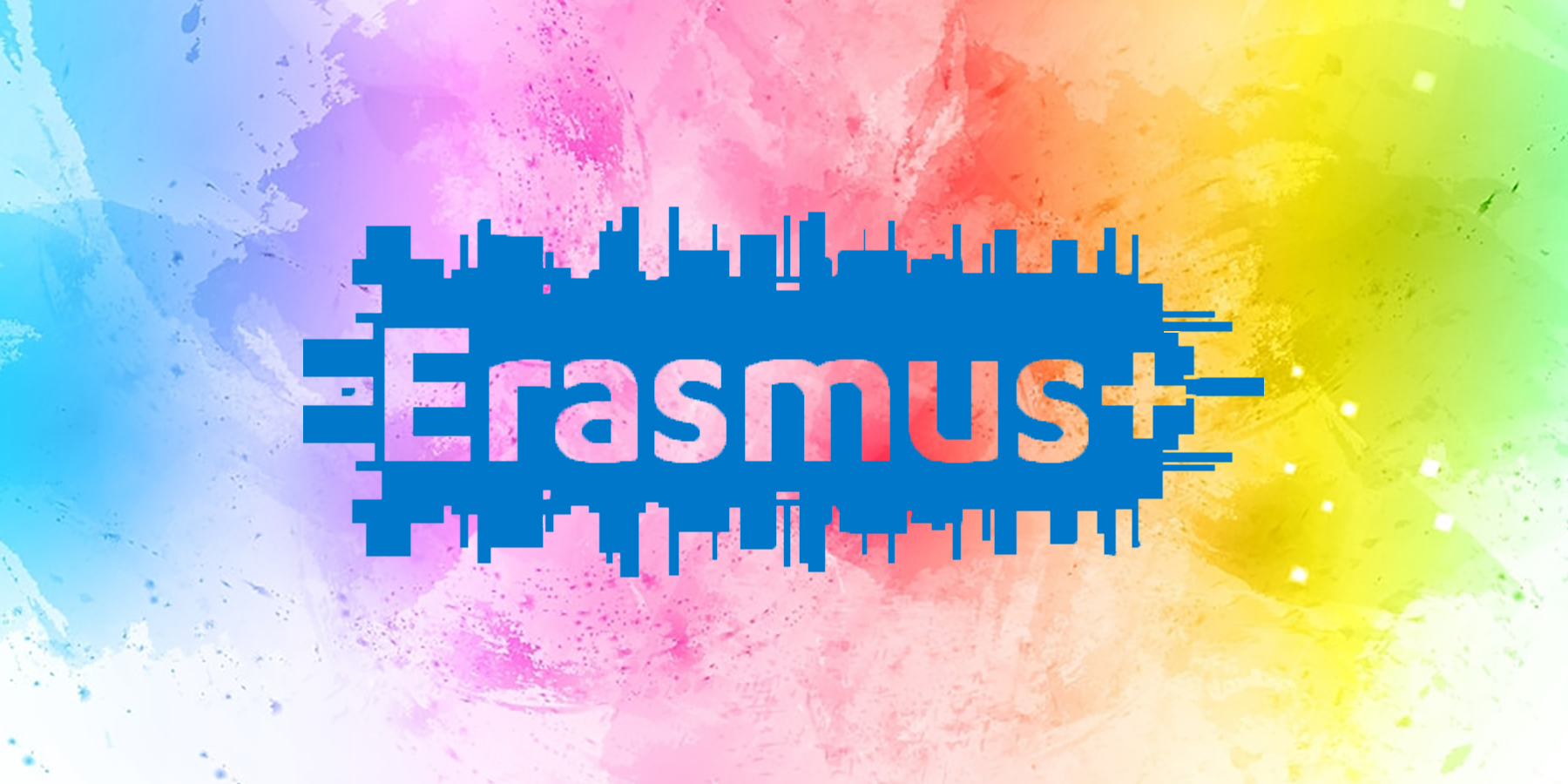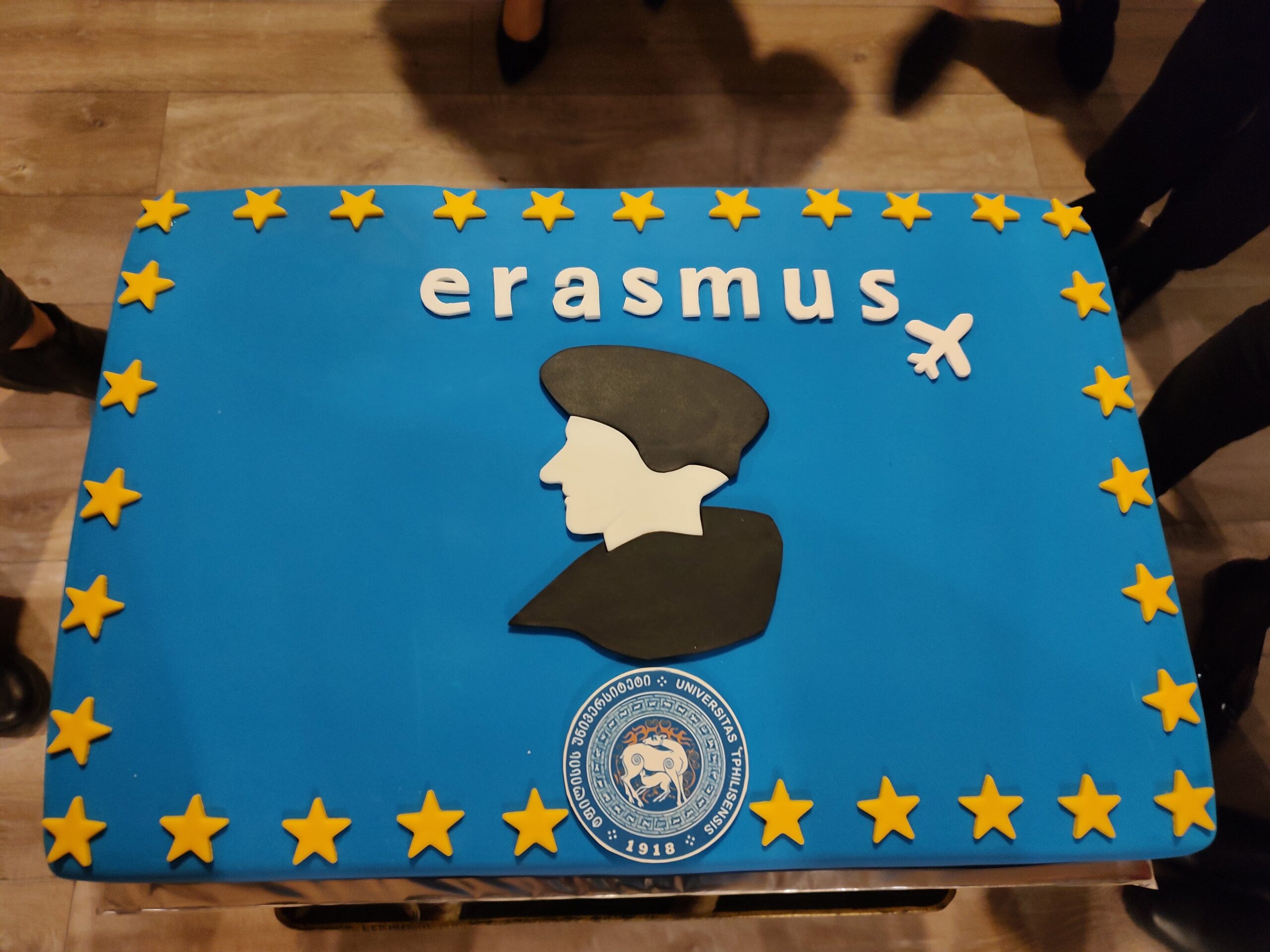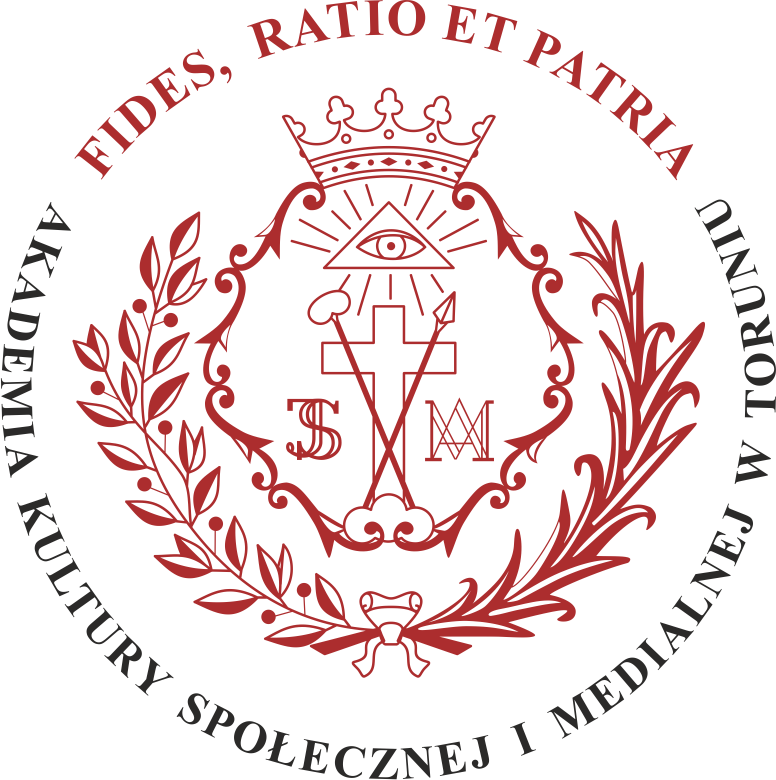#erasmus #mobility #skills #students
Study abroad and student mobility are seen as positive indicators for enhanced employability, however only when students are able to unpack what they have gained while being abroad. We are all too familiar with a student saying it was ‘great fun’. Even though this was undoubtedly the case, students will need to dive deeper when they want to maximise the employability benefits of their mobility.
It is not only important for higher education institutions to offer different support along the international student lifecycle, but also to have the knowledge and tools on how to support the students in their learning path abroad. A way of doing that is by offering comprehensive and adapted support services and trying to help them reflect on their learning process and the acquired competences, understood as a combination of knowledge, skills and attitudes (KSAs), gained during their exchange experience.
As mentioned before, all stages of the international student lifecycle are important to maximise the student’s learning period. In the returning stage, initiatives and services offered in the home institution could be very valuable: they provide advice and serve as a self-reflection mechanism for reintegration and identification of learning outcomes.










That is so true. Here in Italy, statistics say that on average, students who have had an Erasmus experience have an easier time finding a job. Erasmus, thanks to the knowledge it gives us and the experiences it allows us to live, is an additional element that makes our CV more interesting in the eyes of employers.
Erasmus enriches us,
very interesting article
Alessia
… [Trackback]
[…] Info on that Topic: ripec-project.eu/discussion/erasmus-skills-unpacking-the-employability-benefits-of-mobility-the-students-perspective/ […]
… [Trackback]
[…] Find More Information here to that Topic: ripec-project.eu/discussion/erasmus-skills-unpacking-the-employability-benefits-of-mobility-the-students-perspective/ […]
… [Trackback]
[…] Information on that Topic: ripec-project.eu/discussion/erasmus-skills-unpacking-the-employability-benefits-of-mobility-the-students-perspective/ […]
… [Trackback]
[…] Information to that Topic: ripec-project.eu/discussion/erasmus-skills-unpacking-the-employability-benefits-of-mobility-the-students-perspective/ […]
… [Trackback]
[…] Read More Info here to that Topic: ripec-project.eu/discussion/erasmus-skills-unpacking-the-employability-benefits-of-mobility-the-students-perspective/ […]
… [Trackback]
[…] Find More Information here on that Topic: ripec-project.eu/discussion/erasmus-skills-unpacking-the-employability-benefits-of-mobility-the-students-perspective/ […]
… [Trackback]
[…] Here you will find 92158 additional Information to that Topic: ripec-project.eu/discussion/erasmus-skills-unpacking-the-employability-benefits-of-mobility-the-students-perspective/ […]
… [Trackback]
[…] Find More to that Topic: ripec-project.eu/discussion/erasmus-skills-unpacking-the-employability-benefits-of-mobility-the-students-perspective/ […]
… [Trackback]
[…] Read More on that Topic: ripec-project.eu/discussion/erasmus-skills-unpacking-the-employability-benefits-of-mobility-the-students-perspective/ […]
… [Trackback]
[…] Information to that Topic: ripec-project.eu/discussion/erasmus-skills-unpacking-the-employability-benefits-of-mobility-the-students-perspective/ […]
… [Trackback]
[…] Find More to that Topic: ripec-project.eu/discussion/erasmus-skills-unpacking-the-employability-benefits-of-mobility-the-students-perspective/ […]
… [Trackback]
[…] Information on that Topic: ripec-project.eu/discussion/erasmus-skills-unpacking-the-employability-benefits-of-mobility-the-students-perspective/ […]
… [Trackback]
[…] Find More Info here on that Topic: ripec-project.eu/discussion/erasmus-skills-unpacking-the-employability-benefits-of-mobility-the-students-perspective/ […]
… [Trackback]
[…] Info to that Topic: ripec-project.eu/discussion/erasmus-skills-unpacking-the-employability-benefits-of-mobility-the-students-perspective/ […]
… [Trackback]
[…] Find More Info here on that Topic: ripec-project.eu/discussion/erasmus-skills-unpacking-the-employability-benefits-of-mobility-the-students-perspective/ […]